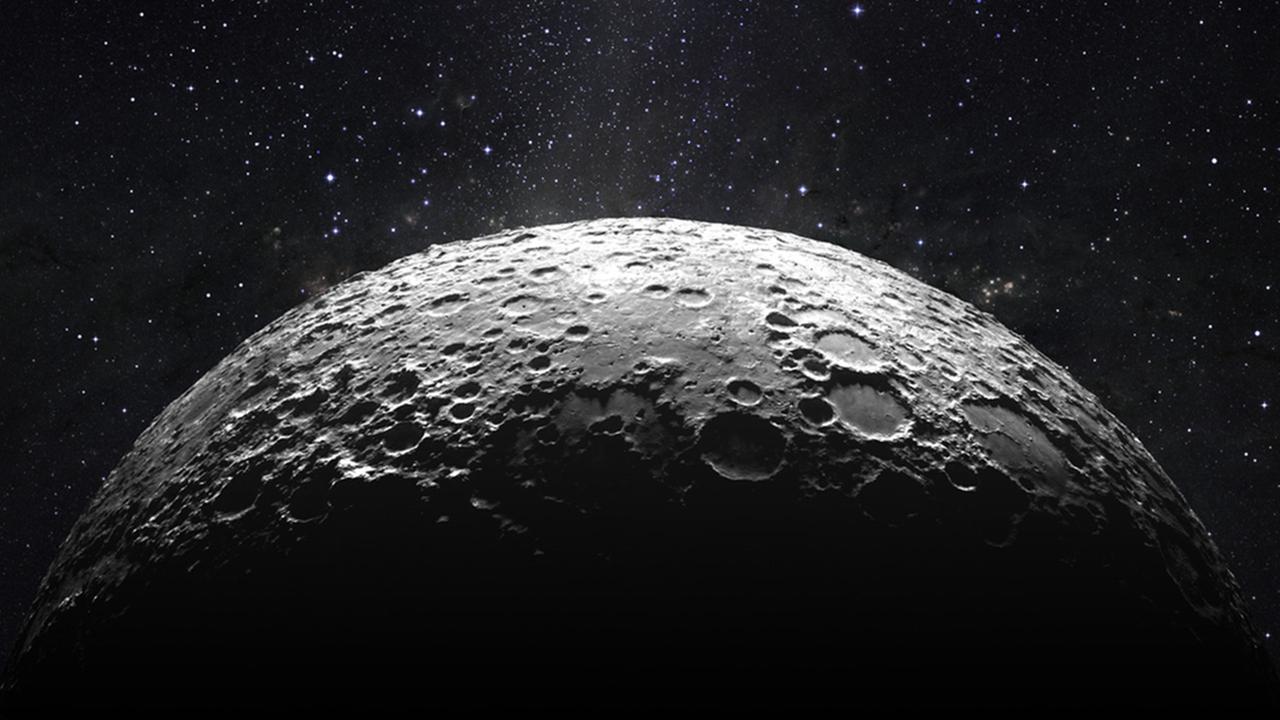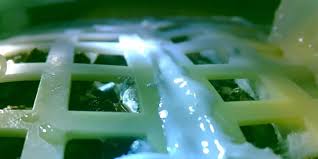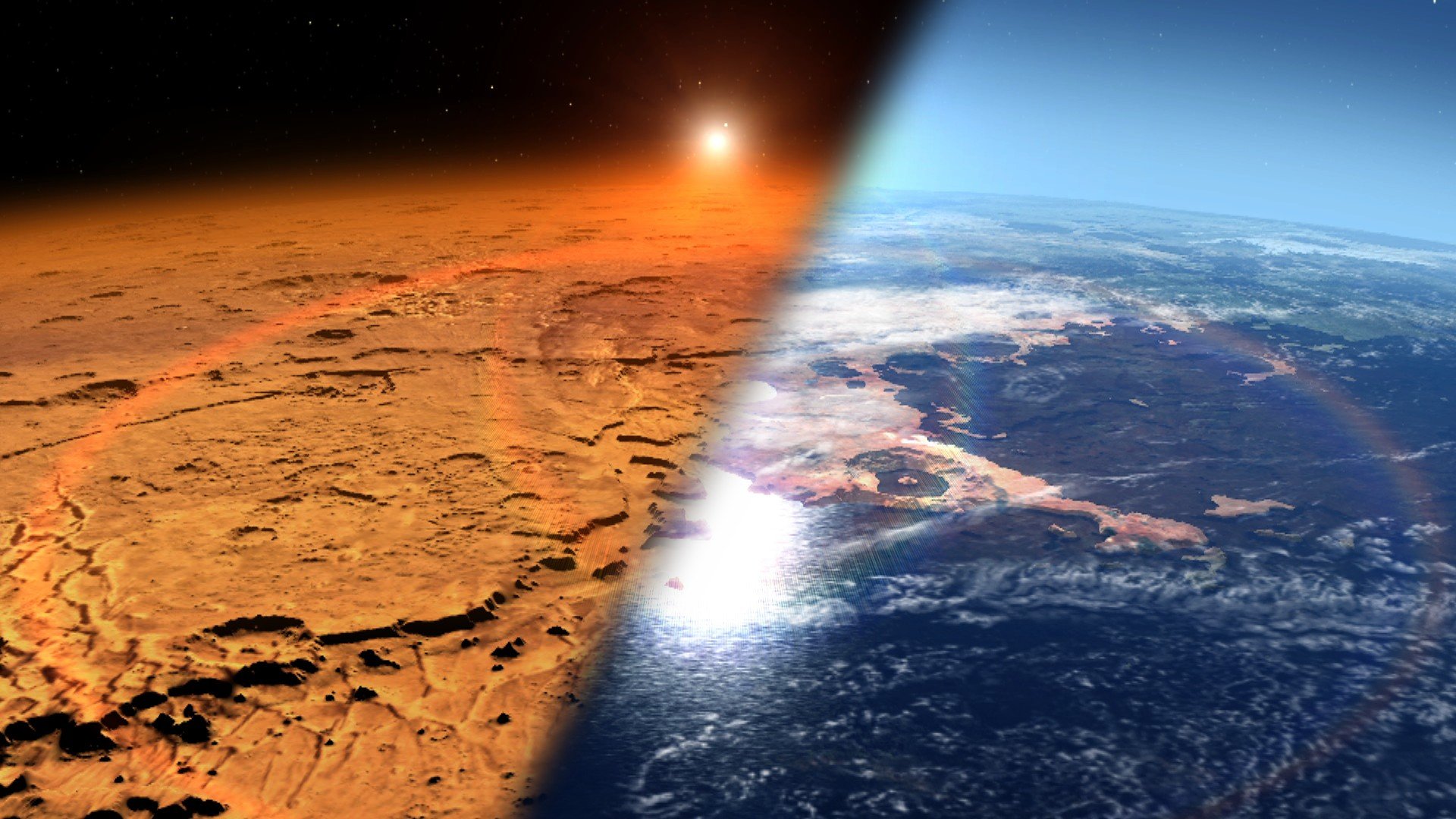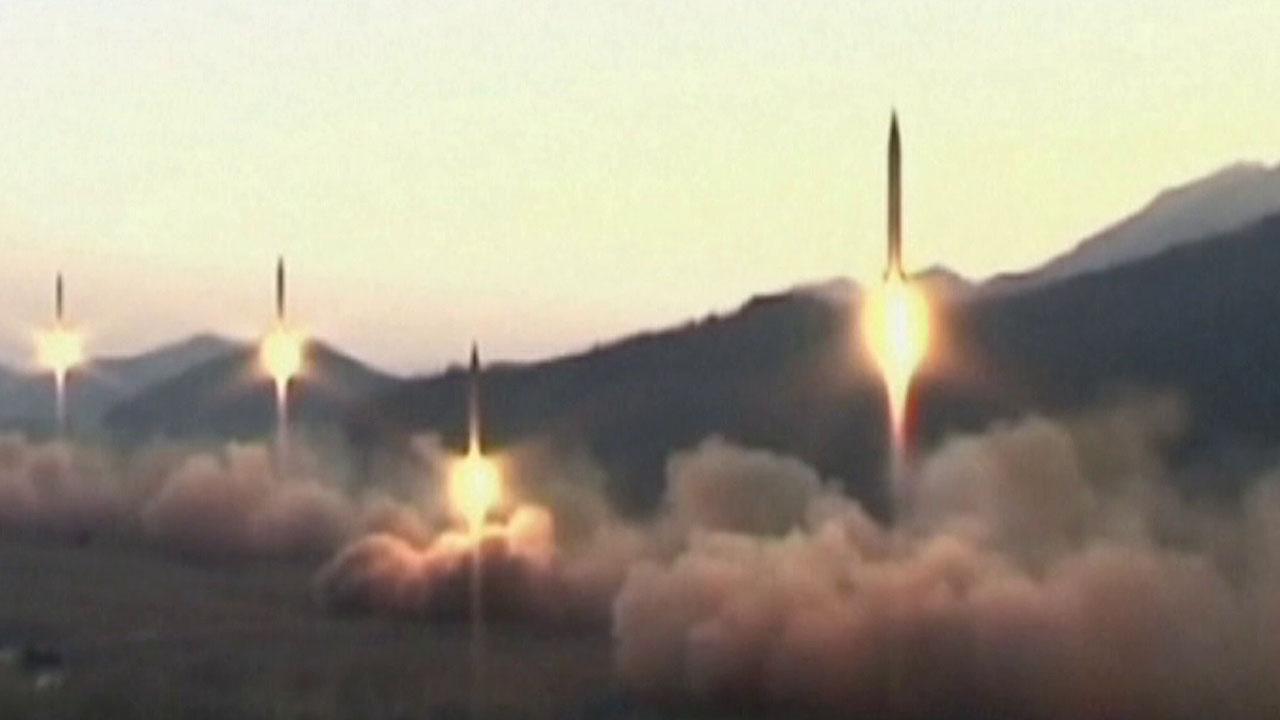© 2000-2023 - Enkey Magazine - All rights reserved
ENKEY SNC - VAT ID IT03202450924 / REA Code CA253701 - Phone. 078162719
Space exploration, what a hoot. It’s “space race” all over again – from Italy to China and Russia (which recently lost its monolopy over the transport of people in space). Only this time it’s far less about the grasp of the World’s superpowers (or is it?) and far more about the grasp of science.
Space – and the wider universe – still hold many secrets and mysteries to unveil. The worldwide scientific community has always kept a steady focus on what lies beyond our sky. From the stars, perhaps, we could even get answers to many of today’s most pressing issues. There’s much that space could reveal – from new and alternative resources to harvest, to previously unheard-of life forms or biologic systems that may open the door to brand-new discoveries in science and medicine.
And that’s why the space research programs in Europe, China, Russia, United States and even North Korea are as active as ever. Owing in no small part also to the development of new futuristic technologies.
Space exploration on the dark side of the Moon

One of the all-together nearest goals of space exploration lies in our very own satellite. From the iconic 1969 landing of Apollo 11, the scientific interest toward the Moon has never quenched.
One of the greatest events in these latest months was the landing of probe Chang’e 4 on what is commonly known as the “dark side of the moon”. That unexplored darkness which has inspired so many songs, literature and movies.
Chang’e 4 is a chinese device operated by the Chinese Space Agency, CNSA (China National Space Administration). Before its landing, the probe had hovered up to 15 km from the moon’s surface – the closest any spacecraft had got to the “dark side”. Then, it was that “small step for a man” once again. A “small step” which never fails to leave humanity – and the scientific world – breathless.
Cotton seed and midge eggs on the Moon

The Chinese probe Chang’e 4 has a purpose – studying the chemical composition of the moon’s surface in its most unexplored regions. Most specifically, in the Aitken crater, perhaps one of the widest on the dark side of the Moon.
But that’s not all. Within the probe are preserved samples of midge eggs, cotton seeds, potatoes and yeast. The specimen are contained in artificial biospheres where lightness and temperature are constantly monitored, so as to favor the development of life.
Surprisingly, the results were positive, as we’ve already told you in this article. Some of the cottons seeds have successfully germinated and seem to be thriving well on the Moon. This discovery may lead someday to a wider exploitation of the lunar resources.
Will our future t-shirts be made from cotton grown on the Moon? It seems something you’d only read in sci-fi – but it might be actually true.
Water and life on Mars? When the Red Planet was… blue

“Try red, it’s the new blue” may as well bethe slogan for the new discovery of the European Space Agency on Mars.
The Mars Express project has confirmed a theory that had been already embraced by the scientific community internationally. The now sterile Mars was originally covered by water, science says.
Space exploration has indeed brought concrete proof to theories which until a few months ago only existed on paper and simulations. On Mars, the research reports, there used to be a great many lakes and underground water systems. Harsh climate changes would eventually have led to their withdrawal from the martian surface.
Tere might still exist bacterias, microbes or other signs useful to determine when and how life was developed on the Red Planet.
North Korea aims for space exploration

Make no mistake – space exploration has never really severed off all its ties with the governments of world superpowers. And nowadays it can still cause dangerous national tensions.
Such was the case, for example, with North Korea. According to several sources, including the New York Times, the Pyongang regime would have recently given the green light to an upcoming space launch.
As could be expected, the United States and especially president Donald Trump were pretty much fazed. Trump has declared to be “a little disappointed” about Kim Jong-un’s plans for what may be the first North Korean forays into space.
To quote Games of Thrones – is a new cold war coming?
This post is also available in:
 Italiano
Italiano

